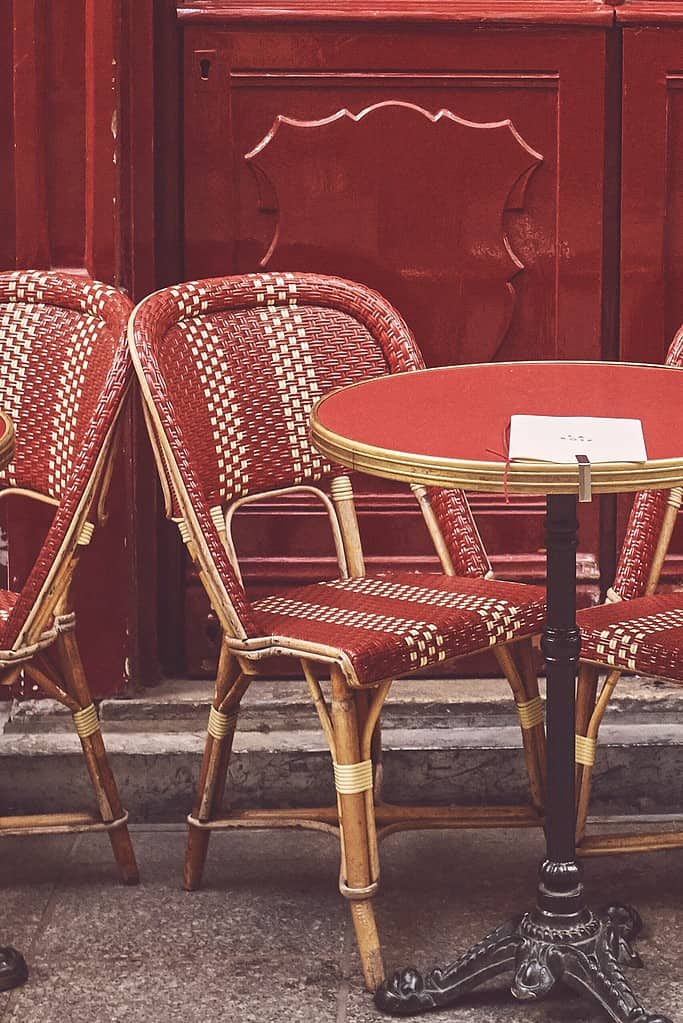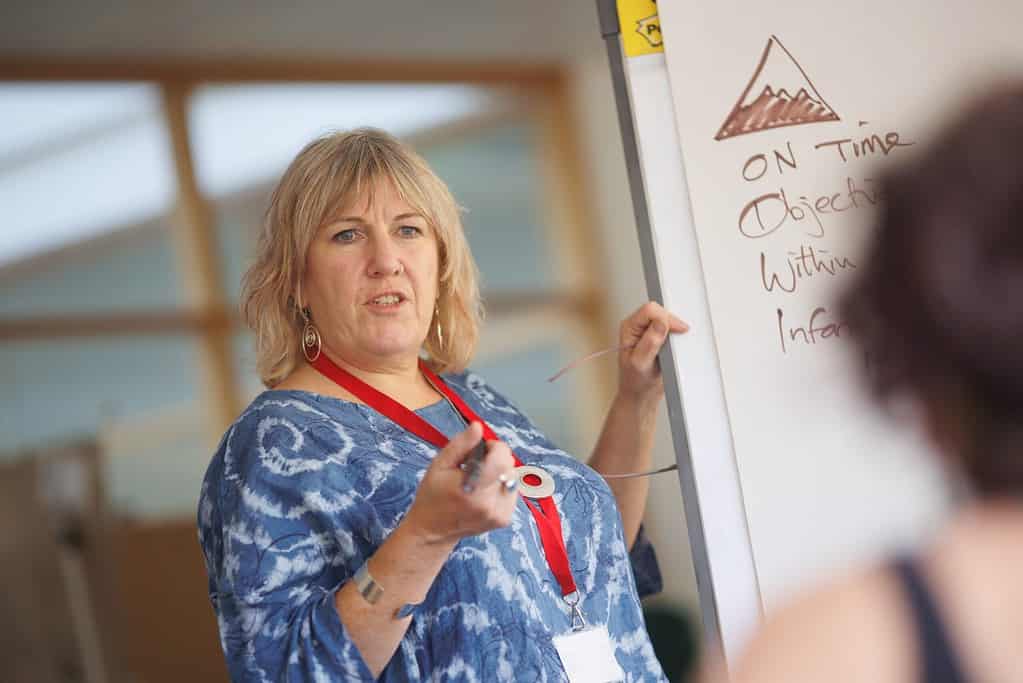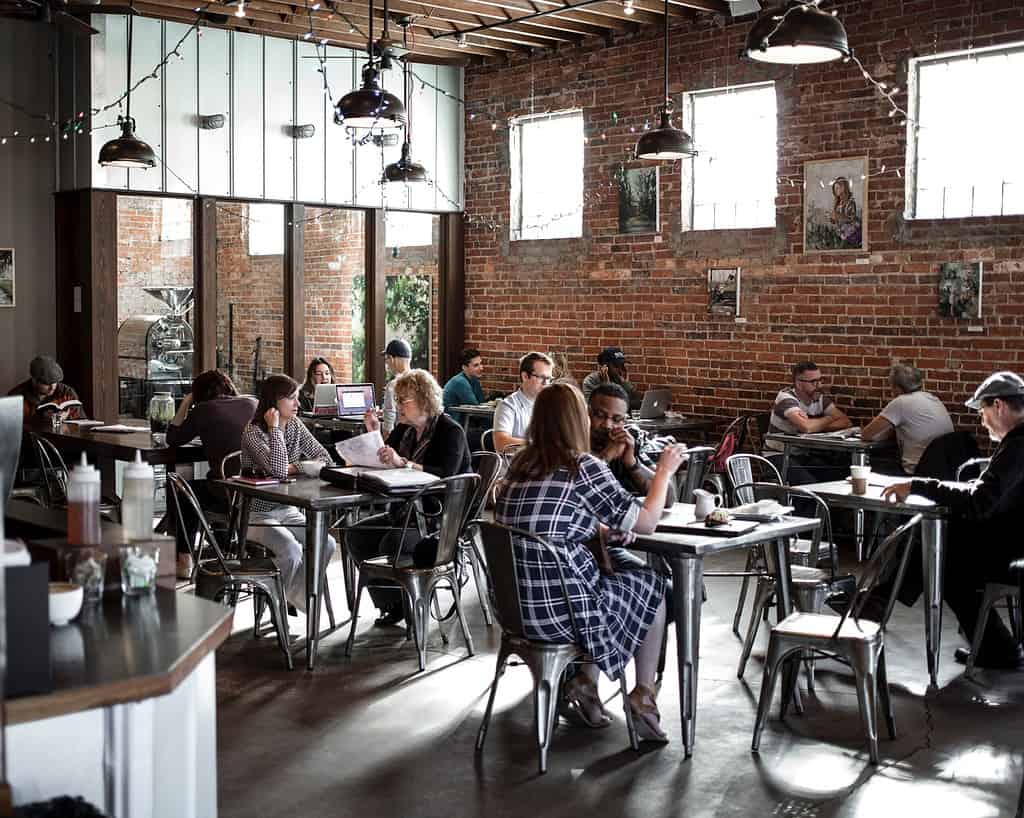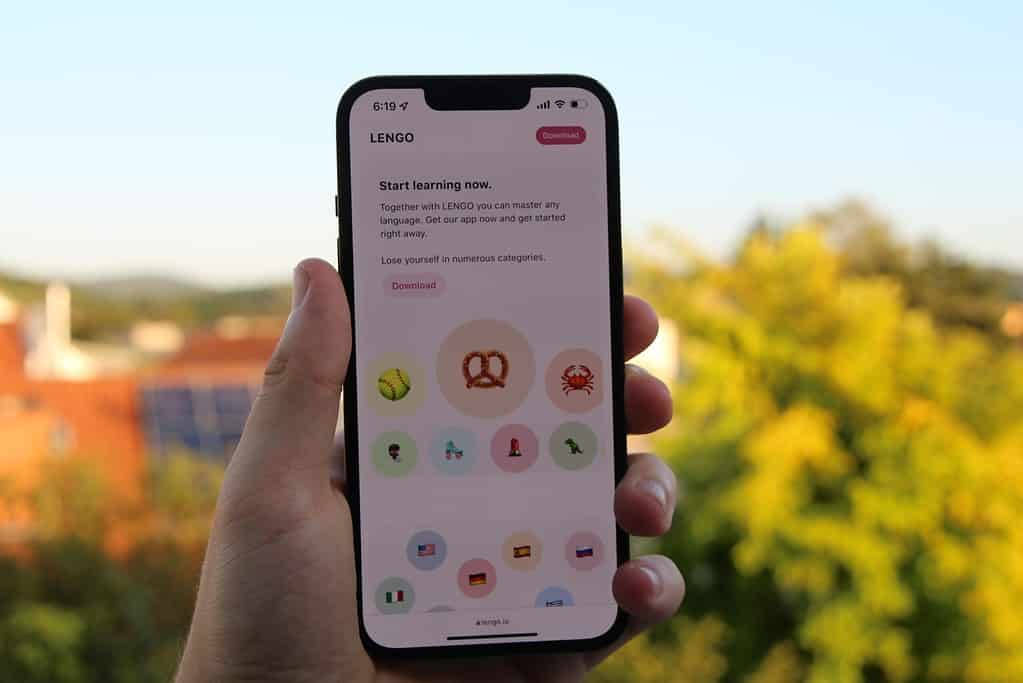If you’re an English speaker eager to master French as it’s truly spoken, you’re in for a treat. French slang is not just playful banter; it’s a doorway into understanding French culture and living conversations that go beyond textbook French. Whether you’re planning a trip to Paris, enjoying French films, or simply chatting with native speakers, knowing the ins and outs of French slang can help you sound more like a local. At swaplang, we believe in blending learning with fun, ensuring you speak French faster without the stiff textbook feel.
Understanding French Slang: Why It Matters
French slang has evolved from centuries of social interactions into a vibrant, ever-changing language. It reflects history, regional culture, and the nuances of everyday life in France. Learning these terms gives you insights into humor, creativity, and even societal shifts that are often missed in formal courses. For example, an article on French d’argot expressions from CIA-France highlights how slang words can reveal layers of meaning about French identity. This isn’t just vocabulary—it’s a cultural passport, a set of secret keys that unlocks conversations with locals and deep cultural connections.
Embracing slang isn’t about replacing formal language, but rather about sprinkling your speech with lively expressions that make interactions more engaging and authentic. The playful nature of these expressions can disarm even the most intimidating language barrier, turning a simple discussion into a memorable cultural exchange.
Top French Slang Terms by Region and Age Group
Not all slang is created equal in France; much like the diverse flavors of its cuisine, regional and generational slang varies widely. In Paris, you might encounter terms that differ vastly from those used in Marseille or Lyon. Younger speakers often favor terms that are brisk and inventive, while older generations might adhere to expressions simmered in history. For instance, exploring the “Top 20 French Slang Words and Phrases” list on CIEE shines a light on these regional differences, showing how language can be as regional as a cheese platter. In some regions, a simple greeting might be laced with local flair, whereas in metropolitan areas, the slang can be a mix of humor, irony, and rapid-fire expressions that keep conversations lively.
Understanding these subtle differences not only helps build your vocabulary but also prepares you to navigate social circles with confidence. In your journey through French slang, you will learn that it’s perfectly acceptable to mix in a dash of regional flair, giving your conversation a genuine, local touch.
Cultural Context: What Slang Reveals About French Society
When you listen to French slang, you’re not just hearing unconventional phrases; you’re catching a glimpse into the soul of French society. Slang terms often encapsulate sentiments about daily life, local traditions, and even the socio-political climate. They reveal how French people deal with issues such as work, love, and leisure in a manner steeped in historical context and modern creativity. One can see echoes of past revolutions and contemporary challenges in expressions documented by sources like CIA-France’s exploration of d’argot, where language becomes a mirror reflecting societal attitudes.
This linguistic practice is similar to how humor can unmask contradictions in culture. As you immerse yourself in these colloquial expressions, you begin to appreciate the art of blending tradition with modernity—a signature trait of French society. It’s this cultural context that transforms your language learning from a series of rules into an engaging narrative full of paradoxes, wit, and emotion.

Mastering Pronunciation: Audio Guide to French Slang
Pronunciation is the secret ingredient that turns a good attempt at slang into an authentic sounding expression. French slang, with its quick pace and playful intonations, demands that learners tune their ears to rhythm and sound shifts. Audio guides and pronunciation exercises, like those offered by resources on swaplang, help bridge the gap between knowing a word and comfortably using it in conversation. Listening to native speakers, practicing with live interactions, and even recording yourself can reveal surprising nuances that textbooks rarely cover.
For instance, the gap between saying “c’est dingue” (meaning “it’s crazy”) in a clipped manner versus elongating vowels can completely change how your speech is received. Online articles like those from French street talk insights offer not only lists of expressions but practical pronunciation tips, making the learning process both fun and effective. Getting comfortable with these sounds can even become an entertaining daily exercise—almost like a vocal warm-up before meeting your friends at a café.
Dialogues and Usage Scenarios: Practical Applications
One of the best ways to master French slang is to see it in action. Imagine this: you’re in a bustling Parisian café, and the conversation shifts from formal greetings to playful banter packed with local flavor. By engaging in real-life dialogues, you learn not only the words but the social cues that signal when and how to use them. Role-playing common scenarios—what to say during a night out, or how to compliment a friend on their style—helps cement the correct usage of slang. This practical approach is supported by research that emphasizes active language practice, as noted in various online articles discussing the nuances of French conversation.
Language partners on platforms like swaplang provide an invaluable resource for practicing these dialogues. Through live interactions, you can explore phrases like “trop stylé” (super stylish) or “grave” (indeed/seriously) in genuine conversational contexts, getting immediate feedback on your pronunciation and usage. Real-world application ensures that even if you commit a funny misstep, you’re one step closer to sounding like a true local.
Challenges and Common Mistakes in Using French Slang
While mastering French slang is exciting, it also comes with its fair share of pitfalls and challenges. One common issue is overusing slang or applying expressions in the wrong context. For instance, throwing a casual phrase into a formal conversation might lead to confusion or even a few raised eyebrows. It takes time and practice to build an instinct for when a playful “c’est nul” fits the moment and when it’s best left unsaid. Mistakes are part of the learning process, and even native French speakers occasionally mix up expressions!
Another challenge lies in pronunciation. The rapid-fire delivery of slang can be tricky, especially when words deviate from their literal pronunciation. As you experiment more with slang, it might feel like you’re constantly on the brink of speaking in musical notes rather than coherent dialogue. But remember, every slip up is an opportunity to refine your skills. For detailed strategies on overcoming such challenges, you might find it helpful to read about the struggles and solutions discussed in resources like the CIEE guide on French slang.
Finding the right balance comes with time, exposure, and a willingness to laugh at yourself when the occasional faux pas occurs. This playful, experimental approach is key to shedding any anxiety about speaking imperfectly. Soon, you’ll realize that your charming missteps are a badge of honor on your journey toward fluent, natural French.
If you’re ready to dive deeper into mastering French slang and boost your spoken French with lively, authentic dialogues, why not try a live language exchange? Sign up for a free trial at swaplang and join our vibrant community of language learners. With flexible scheduling, native speaker matching, and a secure, ad-free environment, your journey to speaking like a true local just got a whole lot more fun. Happy learning!

















